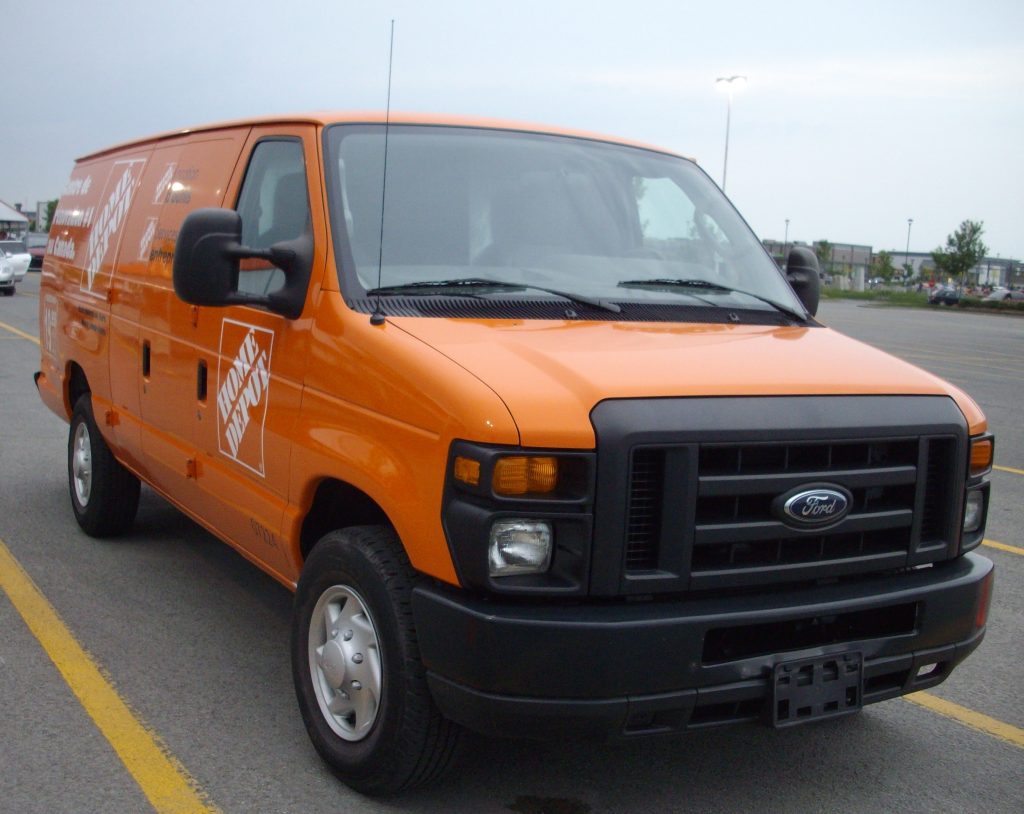 Customers have an expectation of safety while shopping in retail stores. When a customer is injured while on the premise, they are entitled to damages. However, a customer may only recover damages if adequate proof is shown. Proof of an unreasonable risk of harm is a critical element of Louisiana slip and fall cases. The following case out of Slidell, Louisiana, shows why facts are crucial when pursuing a slip and fall lawsuit.
Customers have an expectation of safety while shopping in retail stores. When a customer is injured while on the premise, they are entitled to damages. However, a customer may only recover damages if adequate proof is shown. Proof of an unreasonable risk of harm is a critical element of Louisiana slip and fall cases. The following case out of Slidell, Louisiana, shows why facts are crucial when pursuing a slip and fall lawsuit.
Hope Held was injured while shopping at Home Depot with her child. She alleged her injuries were due to the misplacement of a wire hand truck(truck) in the electronic section of the store. After her fall, she was found by an employee, Jeffrey Crossland, and was escorted out of the aisle to receive help and complete an accident report.
Held filed a lawsuit for her injuries against Home Depot. The store responded by successfully filing a motion for summary judgment in the trial court. Held disagreed and appealed the judgment to the appellate court.
 Louisiana Personal Injury Lawyer Blog
Louisiana Personal Injury Lawyer Blog


 Have you ever been involved in a car accident that potentially involved two states and wondered which state’s laws would govern your personal injury lawsuit? Say, you have an insurance policy issued in Texas, and you get into a car wreck in Louisiana. Which state’s laws will apply if you file a lawsuit related to the accident? The following case shows how Louisiana Courts use a choice of law analysis to determine what state laws should apply in these situations.
Have you ever been involved in a car accident that potentially involved two states and wondered which state’s laws would govern your personal injury lawsuit? Say, you have an insurance policy issued in Texas, and you get into a car wreck in Louisiana. Which state’s laws will apply if you file a lawsuit related to the accident? The following case shows how Louisiana Courts use a choice of law analysis to determine what state laws should apply in these situations. 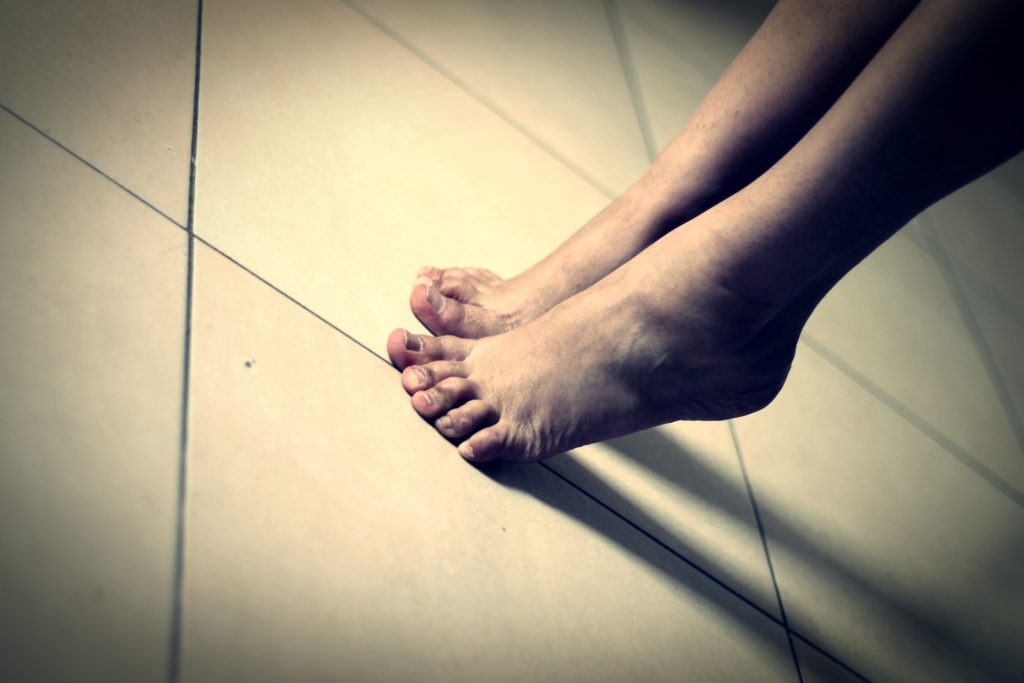 No one wants to experience pain and suffering after spending money and time getting surgery. Nonetheless, some people fall victim to these complications. A person can be prone to injury when a defective product is inserted into their body. This was the case with Kale Flagg.
No one wants to experience pain and suffering after spending money and time getting surgery. Nonetheless, some people fall victim to these complications. A person can be prone to injury when a defective product is inserted into their body. This was the case with Kale Flagg. Calculating appropriate damages for a plaintiff who experiences ongoing injuries from a vehicle accident is complex. Jury awards generally are left undisturbed by appellate courts. The following lawsuit shows how the appeals process can alter a jury’s award for mental and physical pain and suffering.
Calculating appropriate damages for a plaintiff who experiences ongoing injuries from a vehicle accident is complex. Jury awards generally are left undisturbed by appellate courts. The following lawsuit shows how the appeals process can alter a jury’s award for mental and physical pain and suffering. 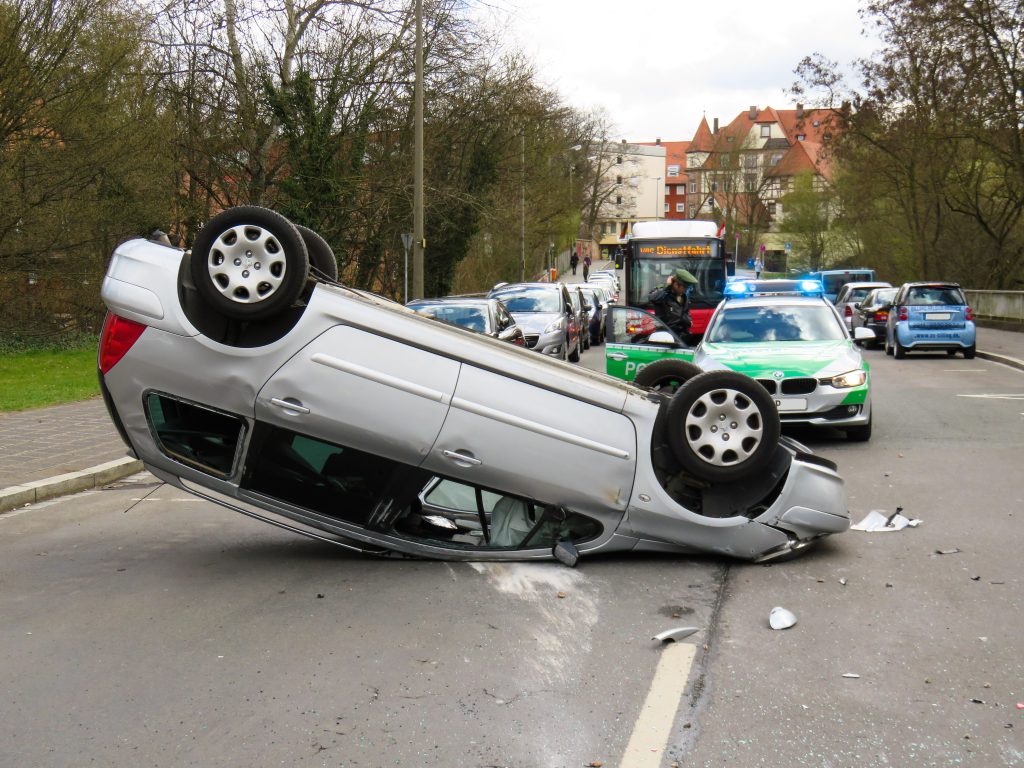 Automotive accidents can cause severe injuries to those involved. However, the testimony of accident reconstruction experts can help juries determine what happened and come to the correct conclusions about liability. The following lawsuit out of Baton Rouge shows how an accident reconstruction expert can help you win your automobile accident lawsuit.
Automotive accidents can cause severe injuries to those involved. However, the testimony of accident reconstruction experts can help juries determine what happened and come to the correct conclusions about liability. The following lawsuit out of Baton Rouge shows how an accident reconstruction expert can help you win your automobile accident lawsuit.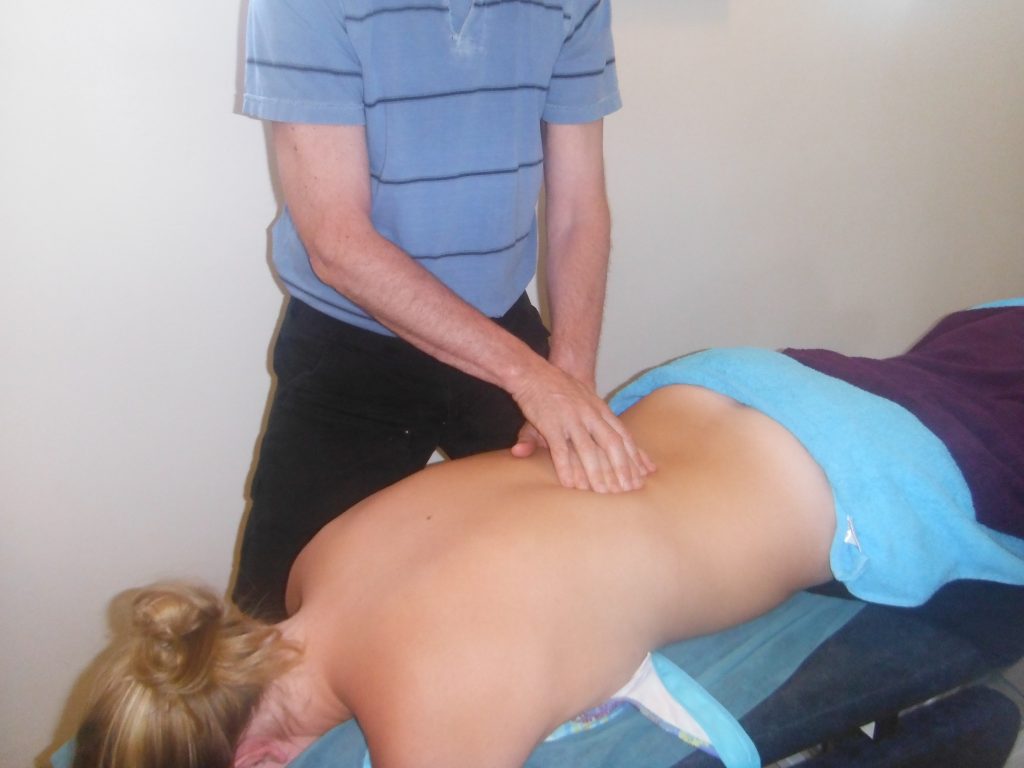 An injury on the job is never easy to deal with, especially when it results in a permanent disability affecting your ability to perform your regular job functions. A functional capacity evaluation (FCE) may be conducted at the employer’s expense to identify the parameters the claimant may return to work. However, a recent opinion from the Supreme Court of Louisiana held that a claimant does not have the right to choose a physical therapist to conduct the FCE at the employer’s expense. This may raise concerns for claimants who struggle to get back to work.
An injury on the job is never easy to deal with, especially when it results in a permanent disability affecting your ability to perform your regular job functions. A functional capacity evaluation (FCE) may be conducted at the employer’s expense to identify the parameters the claimant may return to work. However, a recent opinion from the Supreme Court of Louisiana held that a claimant does not have the right to choose a physical therapist to conduct the FCE at the employer’s expense. This may raise concerns for claimants who struggle to get back to work.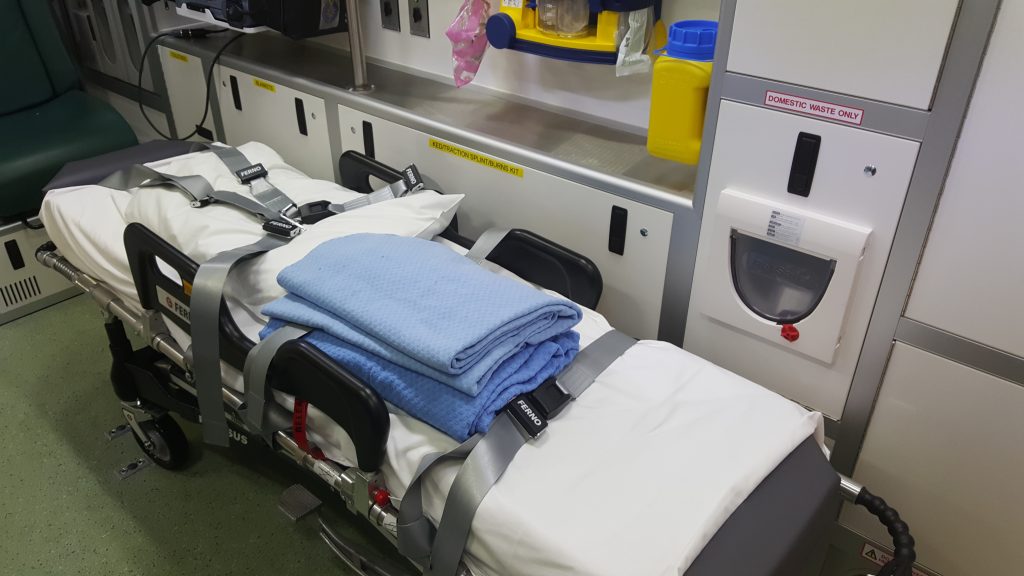 Physically demanding jobs can result in workplace injuries that prevent employees from working and earning a wage. However, it is essential when filing a worker’s compensation claim not only to prove your claim but to do so within the timelines required by the courts. A workplace accident claim filed in Metairie, Louisiana shows the importance of timeliness in workers’ compensation lawsuits and helps answer the question; What is the Deadline to File a Workers’ Compensation Claim in Louisiana?
Physically demanding jobs can result in workplace injuries that prevent employees from working and earning a wage. However, it is essential when filing a worker’s compensation claim not only to prove your claim but to do so within the timelines required by the courts. A workplace accident claim filed in Metairie, Louisiana shows the importance of timeliness in workers’ compensation lawsuits and helps answer the question; What is the Deadline to File a Workers’ Compensation Claim in Louisiana? Many jobs require physical labor, which comes with some risks of injury on the clock, especially for those who install and move equipment. Sometimes you get injured while working, and you think, “maybe I can just work through this.” However, if you attempt to work through an injury and don’t report it immediately to your employer, they may try to avoid paying you workers’ compensation benefits. This happened to James Payton, a veteran and previous employee of NASA. Payton’s case helps answer the question; Can I get Workers’ Compensation Benefits if I Don’t Immediately Report My Injury?
Many jobs require physical labor, which comes with some risks of injury on the clock, especially for those who install and move equipment. Sometimes you get injured while working, and you think, “maybe I can just work through this.” However, if you attempt to work through an injury and don’t report it immediately to your employer, they may try to avoid paying you workers’ compensation benefits. This happened to James Payton, a veteran and previous employee of NASA. Payton’s case helps answer the question; Can I get Workers’ Compensation Benefits if I Don’t Immediately Report My Injury? 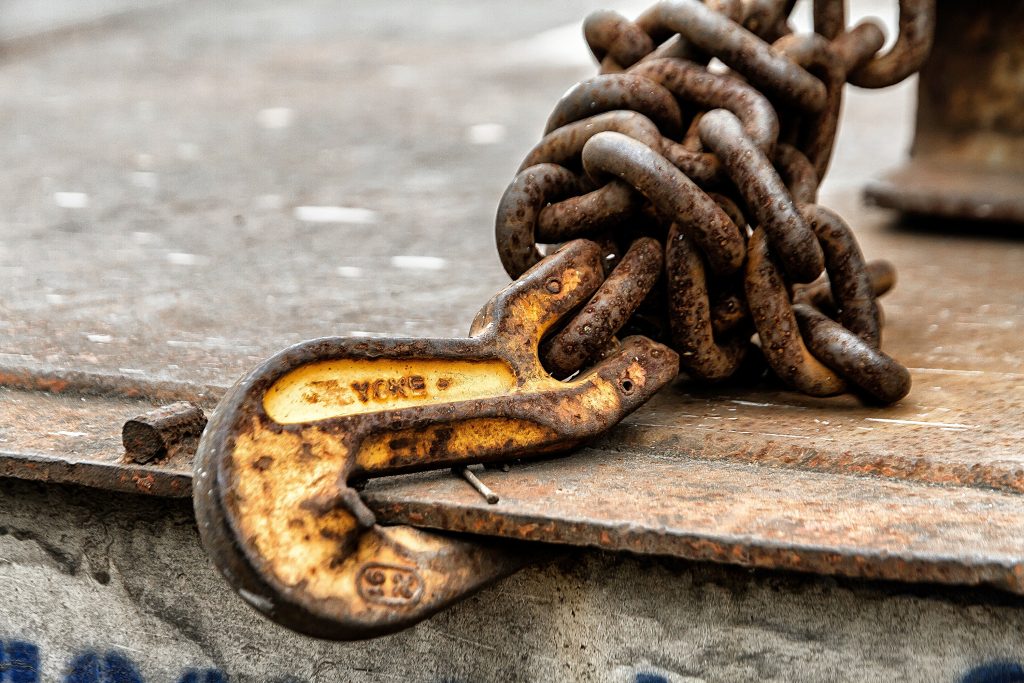 If you are involved in a lawsuit, you probably have a lot of things on your mind. However, you must pay attention to the required deadlines and time to respond to documents from the other side, including requests for admission. If you do not respond on time, you might be deemed to have admitted to facts that are helpful to the other side. That could cause significant implications for your lawsuit. The following Louisiana lawsuit shows the deadline to answer and the effect of admission requests.
If you are involved in a lawsuit, you probably have a lot of things on your mind. However, you must pay attention to the required deadlines and time to respond to documents from the other side, including requests for admission. If you do not respond on time, you might be deemed to have admitted to facts that are helpful to the other side. That could cause significant implications for your lawsuit. The following Louisiana lawsuit shows the deadline to answer and the effect of admission requests. If you have ever watched a legal television show, you have seen the wide variety of evidence presented. Even if your lawsuit is not as high-stakes as the latest murder mystery show, it is still important to present sufficient evidence to satisfy your burden of proof and prevail on your claim. Otherwise, your case could get dismissed on a motion for summary judgment. The following lawsuit involving a slip in fall in a Louisiana convenience store discusses the concept of open and obvious risks.
If you have ever watched a legal television show, you have seen the wide variety of evidence presented. Even if your lawsuit is not as high-stakes as the latest murder mystery show, it is still important to present sufficient evidence to satisfy your burden of proof and prevail on your claim. Otherwise, your case could get dismissed on a motion for summary judgment. The following lawsuit involving a slip in fall in a Louisiana convenience store discusses the concept of open and obvious risks.